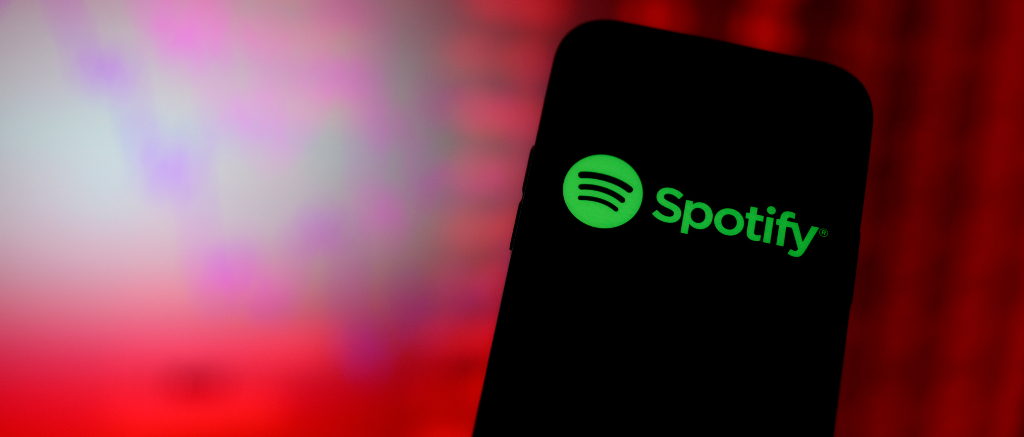Spotify officially announced some changes to their royalty system today that will be affecting artists: The streaming service will adjust the goalpost for the number of streams needed to start earning royalties.
Starting in early 2024, a song would need to reach at least 1,000 streams within the past 12 months before it can start to earn money. For comparison, the current royalty system finds Spotify paying $.03 a month to any song that earns between 1 and 1,000 plays.
As the company pointed out in a statement, this money reportedly doesn’t even typically reach the artist between the fact that “labels and distributors require a minimum amount to withdraw” and “banks charge a fee for the transaction.” In total, these small royalty payments add up to about $40 million per year.
However, Spotify brings up that “99.5% of all streams are of tracks that have at least 1,000 annual streams, and each of those tracks will earn more under this policy.” The post also notes, “We also believe the policy will eliminate one strategy used to attempt to game the system or hide artificial streaming, as uploaders will no longer be able to generate pennies from an extremely high volume of tracks.”
Spotify is also adding other changes, like devaluing noise tracks: Tracks with just “whale sounds” or “static” will need to be at least two minutes to be eligible for royalties.
More information on the changes can be found here.







